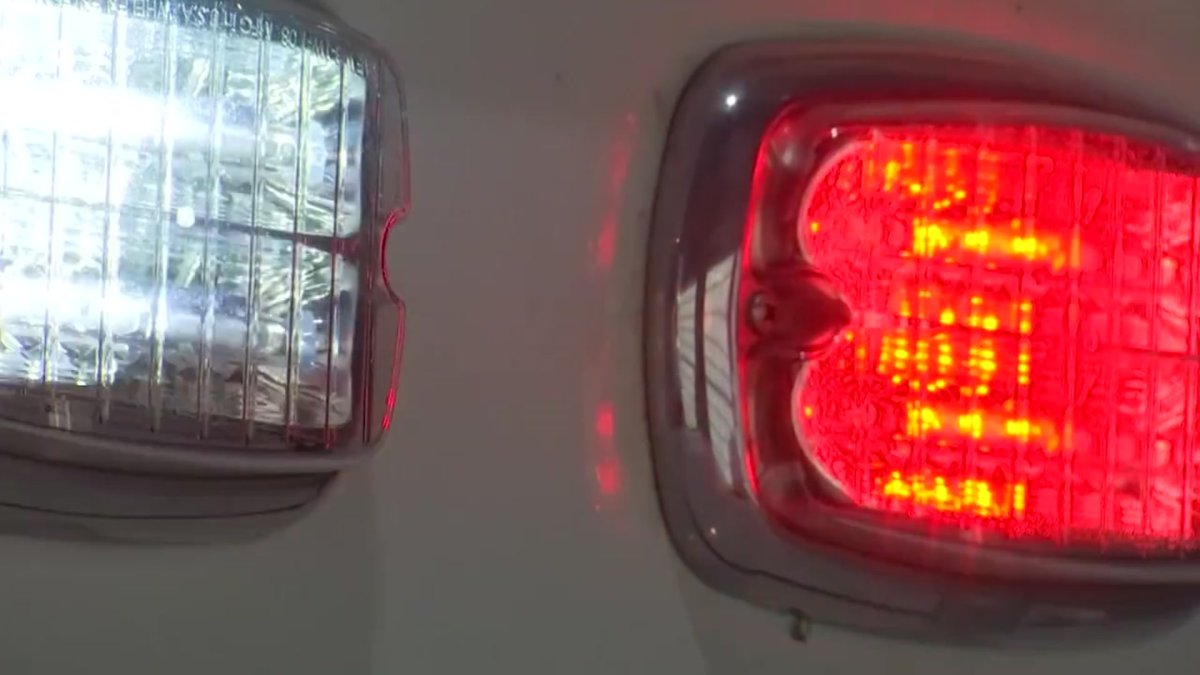
Mental health advocates are speaking about the results of a recent survey that shows the pandemic’s added toll on mental health of people working in EMS, fire and police.
The pandemic has taken a huge toll on EMS and other first responders, many of whom already dealt with so much trauma in their industry.
That's what a recent survey released by the Department of State Health Services says.
A survey of about 1,467 individuals by Project HEROES (Houston Emergency Opioid Engagement System) shows statistics on how the pandemic has affected the Texas EMS workforce and other first responders:
- 60% of the surveyors said they currently exhibit symptoms of a significant mental disorder, frequently including physical symptoms, sleep disturbance, and anger.
- 58% of respondents who are experiencing or diagnosed with a mental health disorder are or have been treated.
- 24% of respondents who have a substance use disorder (SUB) have sought treatment.
- Over 50% said they engage in binge drinking.
Get DFW local news, weather forecasts and entertainment stories to your inbox. Sign up for NBC DFW newsletters.
DSHS said the results are not surprising but are "concerning."
Local mental health advocates for first responders are echoing the same reaction.
"This isn't a normal 9-to-5 job. Our folks -- when they jump on that ambulance or first responders are jumping on apparatus or police vehicles -- they don't know what's in store for them that next 10 hours, 12 hours, or 24-hour shift," said Desiree Partain, a leader with the Hope Squad for MedStar.
Local
The latest news from around North Texas.
Hope Squad is MedStar's own peer support group, which started about two years ago to help address these types of issues in their community.
"Our mission is to address all things mental health. We address suicide, suicide prevention -- our focus, especially over the last couple of years has been about wellness and resilience," said Partain.
She said they also did their own survey recently, in conjunction with One Tribe Foundation and UT Health Science Center at Houston, finding similar results due to the added stressors from the pandemic.
"One of the things that we talk to folks about here is, you got into this industry because you wanted to help people. You have that servant heart. And what I find is you all are amazing at taking care of other people but sometimes you stink at taking care of yourself. So let's change that," said Partain. "As first responders, we are 4 to 5 times more likely to have PTSD, suicidal ideations, or some form of mental health issue. Knowing that, it is so important for us as a first responder community to make this a priority."
MedStar's Hope Squad is available 24/7 for their team. They're trained to identify when people may be struggling.
They want other agencies to form similar squads and peer counseling resources.
“I guess my question to agencies and organizations and departments is, what are you doing about it? Talk is one thing," said Partain. "My other offer of advice is to find people that are truly passionate about the subject, whether they can relate or there’s a driving force to this that can keep the fire lit. We know with mental health it’s not just one thing, peer support or counseling services. It’s really a web of resources in finding people within organizations that are passionate about the subject and keeping this momentum going."
If you are a first responder and you need help you can contact Partain at the Hope Squad at dpartain@medstar911.org
DSHS also wants to help first responders and teach them to Recognize, Approach and Support.
- Recognize that there is free CE training SUB in the first responder workforce.
- Approach: Share/ call the HEROES helpline you can discuss counseling privately and confidentially as well as seek treatment.
- Support: Provide/accept support through the healing process.
If you or someone you know is having mental health or substance abuse issues you can call 1-800-662-HELP (4357). This number is for all people, including first responders.